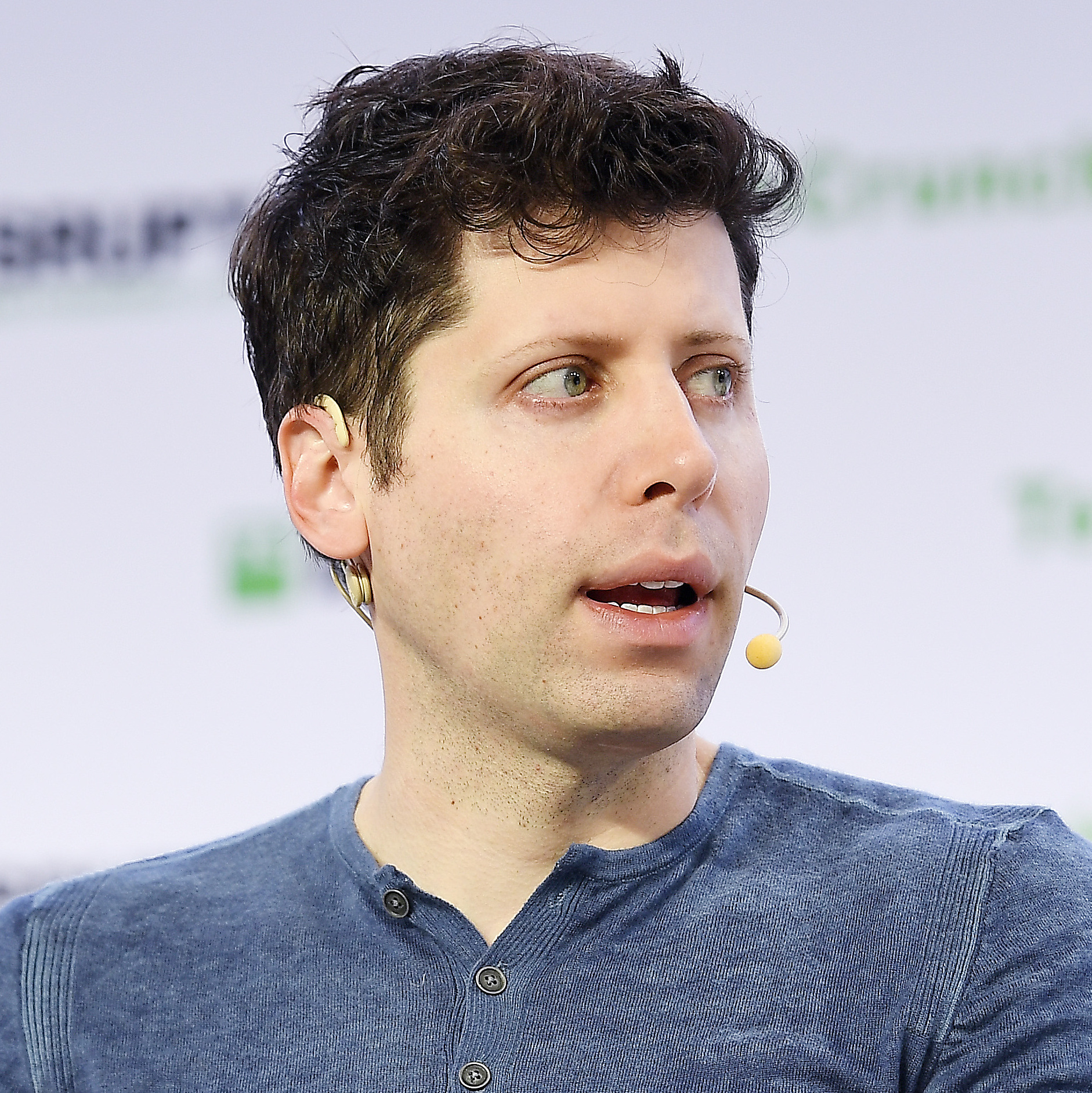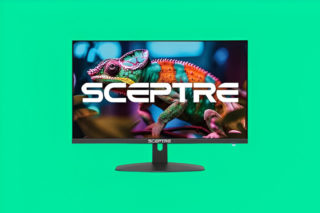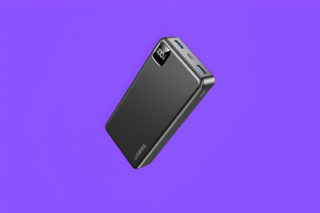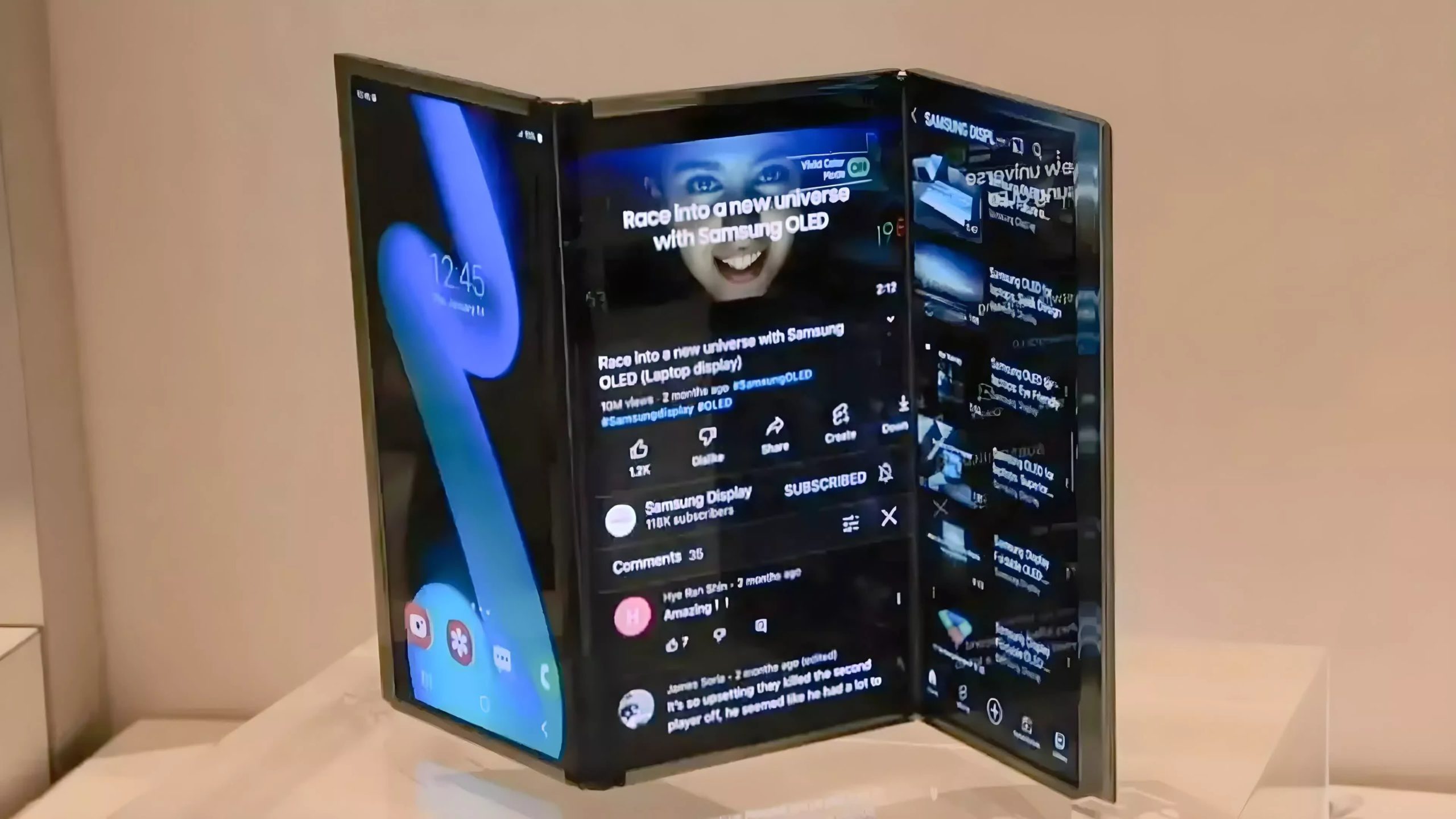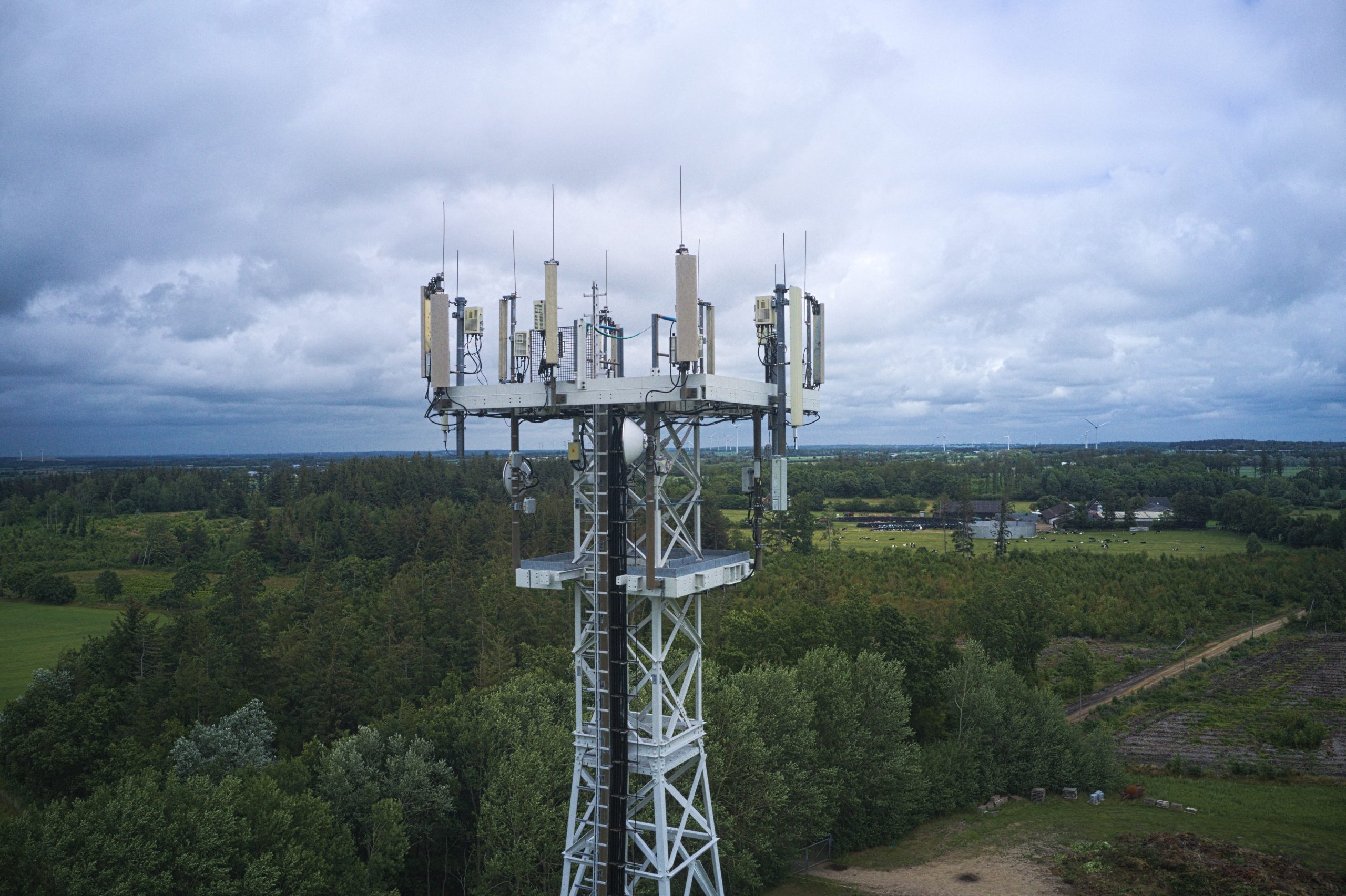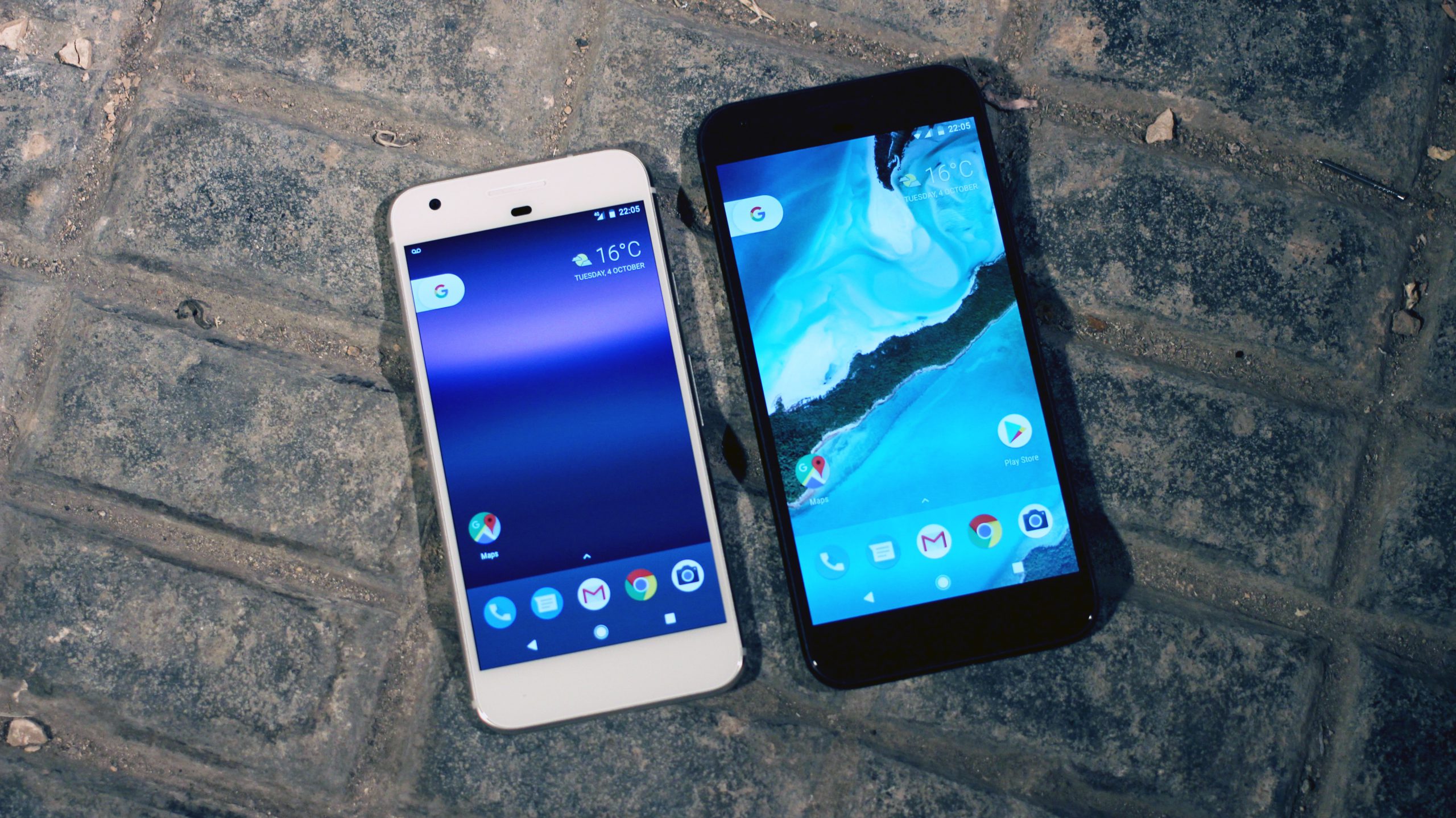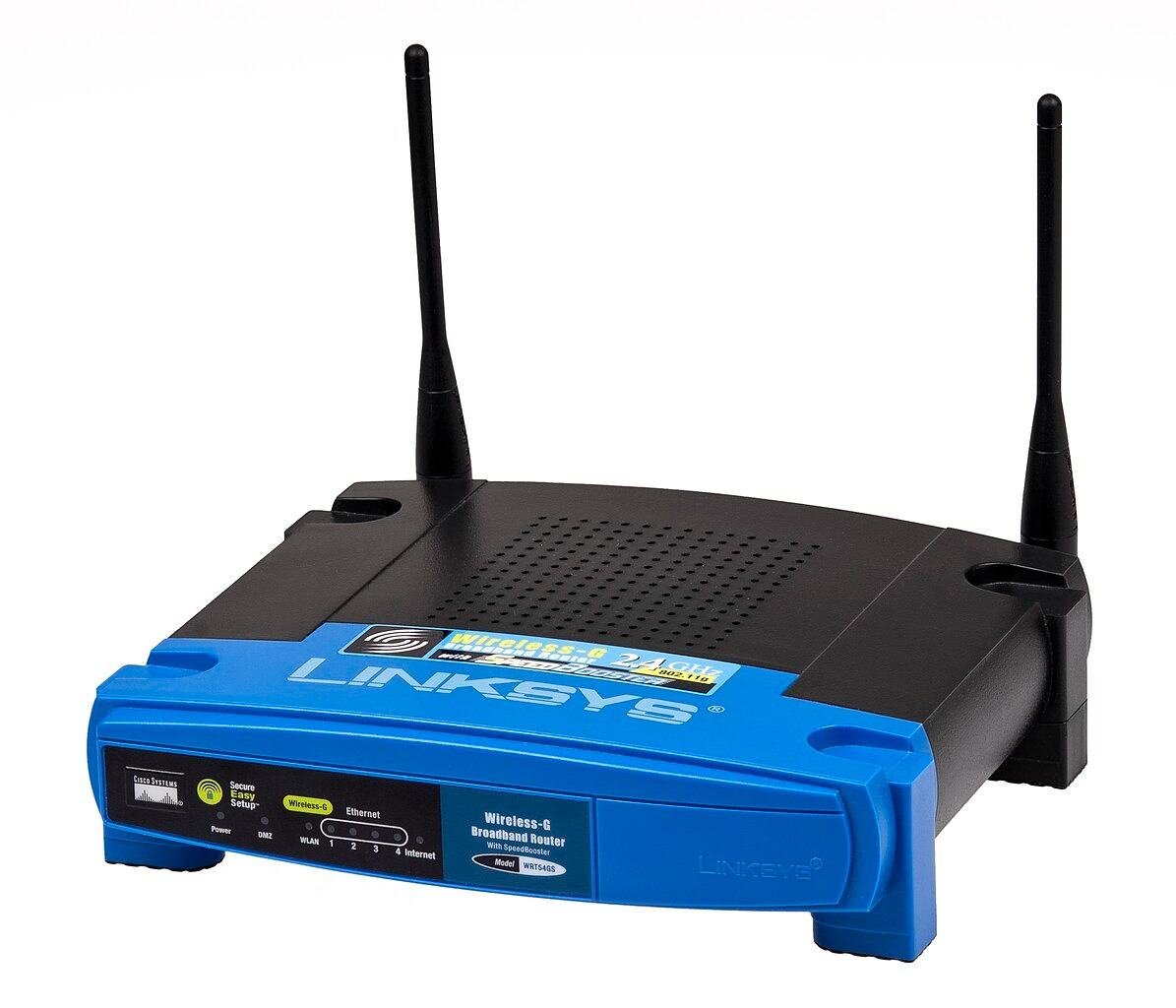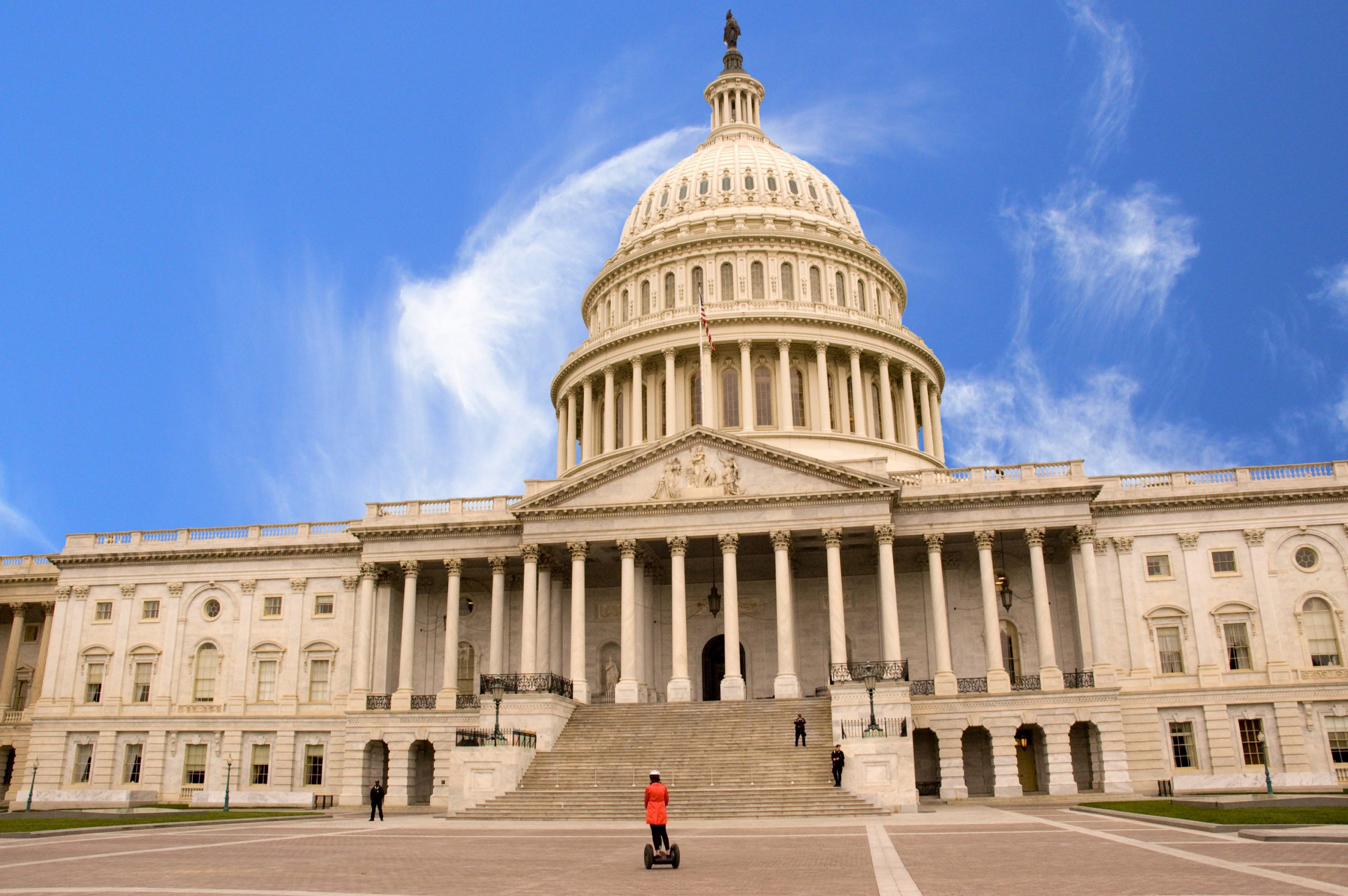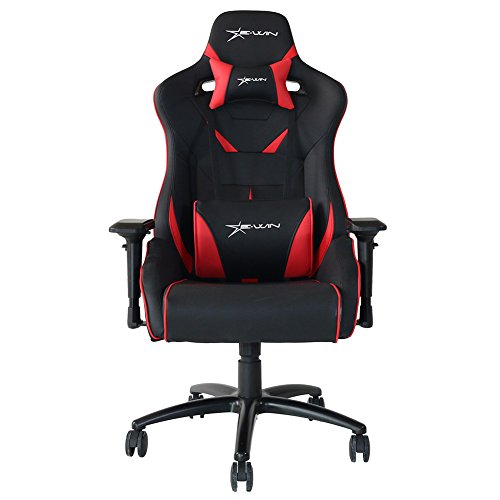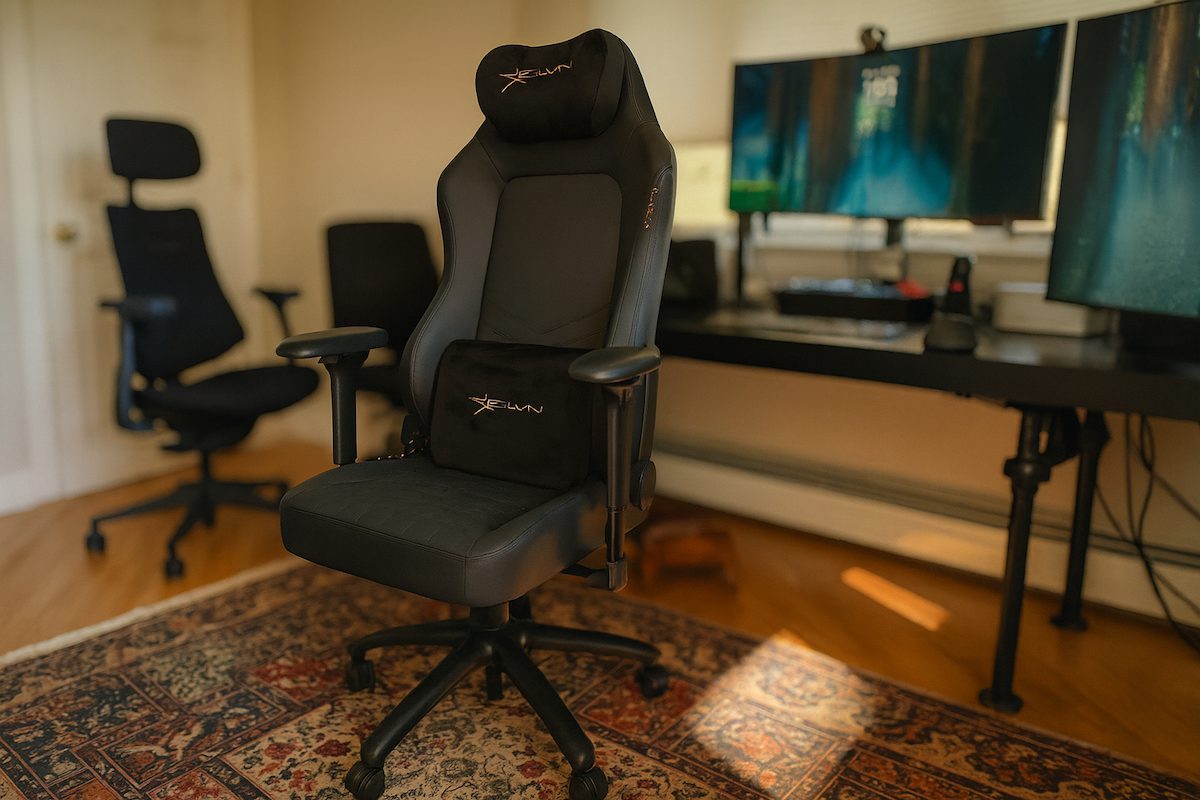Ever find yourself arguing with someone who’s missing the forest for the trees? That’s exactly how OpenAI CEO Sam Altman feels about critics of the Trump administration’s recent AI chip deals with the UAE and Saudi Arabia.
The thinnest iPhone ever might be on the horizon, but Apple isn’t the only tech giant stirring controversy. In a move that’s raised more eyebrows than a surprise iPhone release, Altman took to X (formerly Twitter) to defend the controversial agreements, calling detractors “naïve” for failing to see the strategic benefits. His support comes as lawmakers from both parties question shipping thousands of advanced AI chips to the Middle East.
The Stakes Are Higher Than Your Phone Bill
The American Chip Revolution isn’t just a slogan — it’s a strategic shift happening in real time. The deals make your typical tech splurge look like pocket change. We’re talking about approximately $15 billion worth of hardware, including 500,000 Nvidia AI chips annually to the UAE and 18,000 cutting-edge Blackwell chips to Saudi Arabia. These aren’t just processors; they’re the digital equivalent of vibranium shields in the global tech arms race.
White House AI czar David Sacks frames it as beating China to the punch, while semiconductor analyst Patel suggests the agreements could “noticeably shift the balance of power” in America’s favor.
Meanwhile, OpenAI isn’t just cheering from the sidelines. The company recently announced plans to construct a massive data center in the UAE, while Amazon Web Services is launching a $5 billion “AI Zone” in Saudi Arabia. Your tech ecosystem is going global in ways that make typical outsourcing look quaint.
Senate Minority Leader Chuck Schumer voiced concerns about preventing these chips from eventually reaching the Chinese Communist Party. The Republican-led House Select Committee on China echoed similar worries about export control circumvention.
For you, the consumer, these deals represent the increasingly complex relationship between your favorite AI tools and global politics. The chips powering ChatGPT might soon be manufactured in America, sold to the Middle East, and potentially influence AI development worldwide.
If you’re wondering why Altman is so bullish on these deals, follow the money. The agreements come with promises of massive reciprocal investments: $1.4 trillion from the UAE and $600 billion from Saudi Arabia into US tech over the next decade. That’s enough cash to make even Silicon Valley’s biggest players sit up straight.
The tech world often moves faster than regulations can keep up, but rarely has the gap been this dramatic. Whether you see these deals as strategic brilliance or a security nightmare depends largely on whether you’re more worried about China’s AI ambitions or the potential for technology transfer through backdoor channels.
One thing’s certain – Sam Altman isn’t backing down. And with OpenAI’s growing footprint in the Middle East, he’s putting his company’s future where his Twitter feed is.


